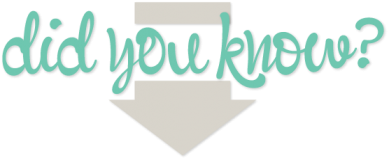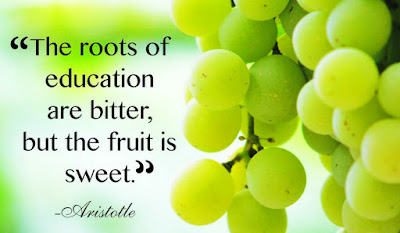Researchers from the Child Study Institute at Bryn Mawr College have identified 25 words that they believe are considered the bare minimum for all toddlers.

Dr. Leslie Rescorla created the list and believes that the words outlined are the building blocks of vocabulary for toddlers.
Here are the words:
1. Daddy
2. Baby
3. Hat
4. All Gone
5. Cat
6. Thank you
7. Nose
8. Yes
9. Hot
10. Ball
11. Dog
12. Juice
13. Mommy
14. Bath
15. Eye
16. Banana
17. Milk
18. Shoe
19. More
20. No
21. Car
22. Bye
23. Book
24. Hello/Hi
25. Cookie
What happens if there are some toddlers who don't say all the words?!

Dr. Leslie explains that if some toddlers don't say all the words, it doesn't necessarily mean you should worry. Some children have delayed speech and catch up by age 4 to 5.
ALWAYS SEEK ASSISTANCE AND SUPPORT FROM A PROFESSIONAL BEFORE MAKING ANY ASSUMPTIONS!
Need a visual about this topic? Check out my Youtube video HERE!
"Every
child is gifted. They just unwrap their packages at different times"































